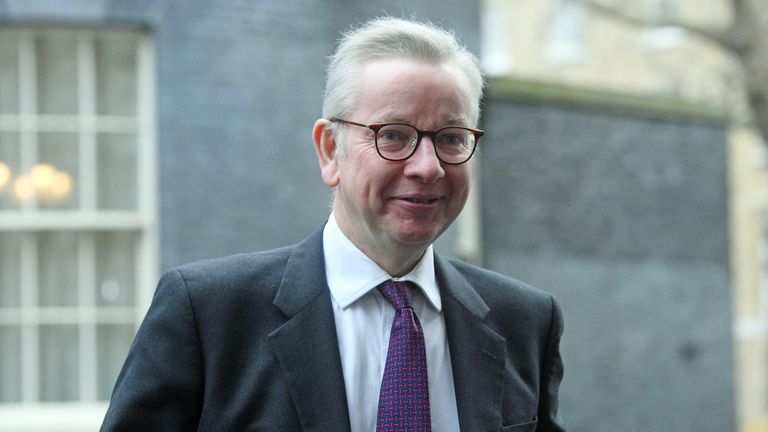The government has denied setting up a “Clearing House” unit to profile journalists and undermine Freedom of Information requests, following a letter from newspaper editors demanding action.
The rare joint letter was signed by editors of newspapers across the political spectrum, including The Times, The Guardian, The Daily Telegraph, The Daily Mirror, and The Financial Times, calling on MPs to “urgently” raise the issue.
It follows an investigation by openDemocracy which alleged there was an “Orwellian” unit at the Cabinet Office that had been profiling journalists and blocking the release of FOI requests if they were deemed to be potentially damaging to the government.
Mary Fitzgerald, the editor-in-chief of openDemocracy, said: “Our journalism has uncovered evidence of what many in the industry have long suspected, which is that there is a toxic culture of secrecy and evasion at the heart of government that risks fatally undermining press freedom in this country.
“Today we are calling on MPs to investigate our findings and to take urgent steps to ensure that our fundamental rights to access information and to hold our leaders accountable are protected and upheld.”
In response to the letter, a government spokesperson said: “A Clearing House function has operated in different forms for the 15 years since the FOI Act came into effect, and a small Cabinet Office team now helps ensure a consistent approach to requests for information.”
They explained that while Freedom of Information requests are handled in an “applicant-blind” fashion, the Clearing House does use journalists’ names to coordinate responses across multiple departments.
“This is especially important for complex FOI requests where we must balance the need to make information available with our legal duty to protect sensitive information and national security,” they added.
“This government remains fully committed to its transparency agenda, routinely disclosing information beyond its obligations under the FOI Act, and releasing more proactive publications than ever before,” the spokesperson added.
John Witherow, the editor of The Times, was critical of the Clearing House programme, stating: “Transparency is not a privilege or a gift bequeathed to a grateful citizenry by a benign government. It is a fundamental right of a free people to be able to see and scrutinise the decisions made on their behalf.
“That message has failed to get through to the government of Boris Johnson, which seems hellbent on making it harder. This is not only a disgrace, but a mistake.”
Mr Witherow added: “Freedom of information requests are a vital journalistic tool for shedding light on the actions and behaviour of powerful organisations. Any institution that frustrates them is an institution that has something to hide – the Cabinet Office’s ‘clearing house’ does just that, vetting requests that may be deemed sensitive and advising departments as to how best frustrate them.
“If the prime minister’s promised reset is to mean anything, it should start with a commitment to far greater transparency, not least as to what the FOI clearing house is up to.”

